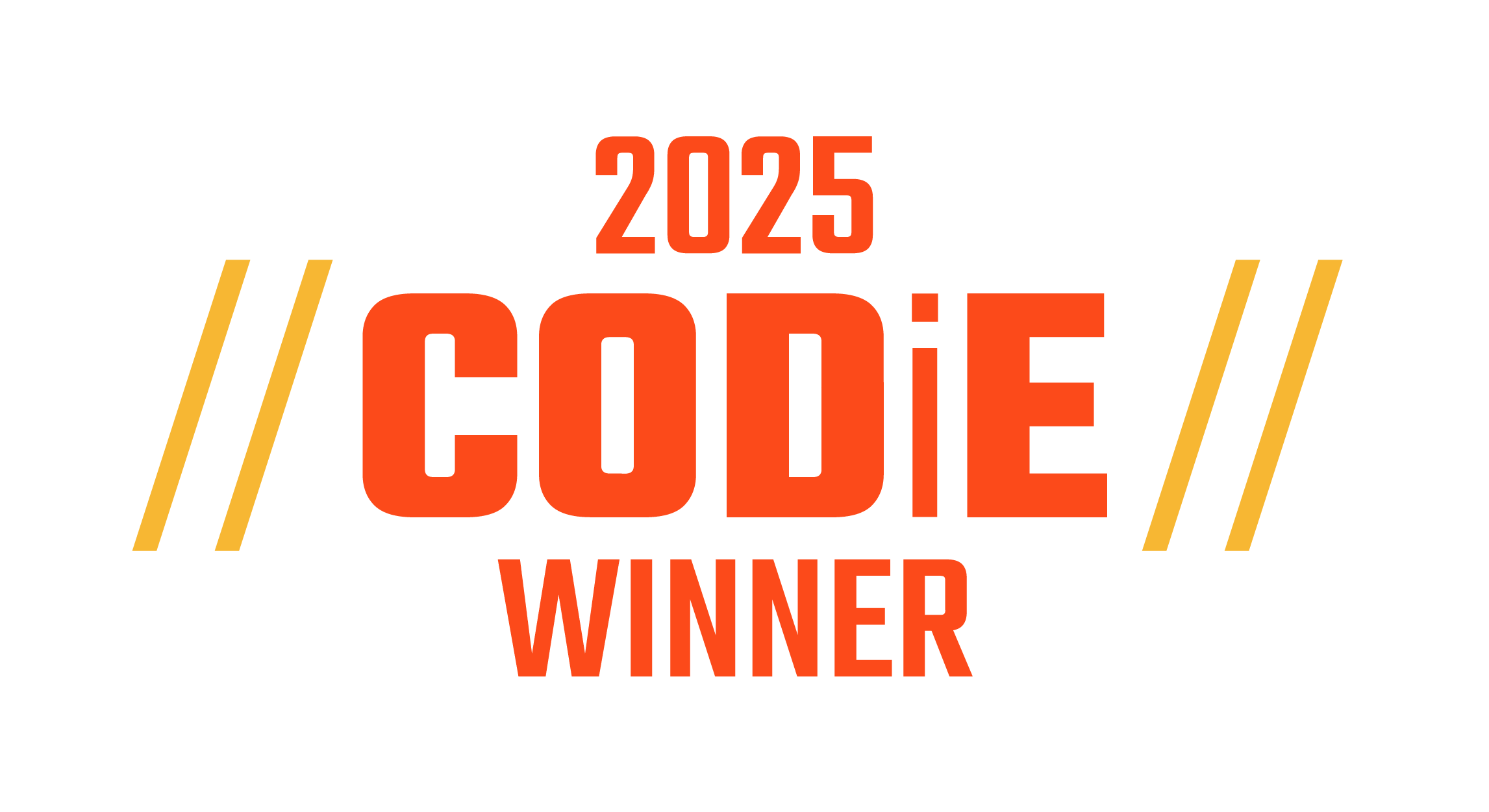Research Presented at International STEM Education Conference Connects Science Mastery with Economic Growth
News Provided By
August 11, 2025, 12:15 GMT
LOVELAND, CO, UNITED STATES, August 11, 2025 /EINPresswire.com/ -- A new “in press”, peer-reviewed study presented at the 10th Annual iSTEM-ED 2025 Conference in Thailand, sponsored by IEEE Education Society, reveals that students using the Penda Learning platform experienced a 20.7% increase in science knowledge compared to a control group, confirming the platform’s effectiveness in improving science outcomes across diverse student populations.
The study, titled “Science Achievement Gains from a Computer-Based Learning Platform: A Multi-Site Quasi-Experimental Study,” was conducted by Steve Miller, Ph.D., and evaluated science achievement across 46 schools using the NWEA Science MAP assessment. The research provides compelling evidence that integrating digital, standards-aligned, student-centered tools like Penda Learning can significantly enhance science education. The study not only confirms Penda Learning’s educational efficacy, but also explores how these gains translate into long-term economic impact for students and communities.
"This research provides measurable proof that when students are given access to rigorous, engaging science instruction through platforms like Penda, they don’t just improve academically; they’re positioned for long-term economic opportunity," said Dr. Miller.
Science Gains Tied to Economic Outcomes
The study draws on research from the International Monetary Fund, which shows that a 10% increase in scientific knowledge correlates with a 0.2–0.3% increase in a local economy’s GDP, due to enhanced productivity and innovation. It also highlights research on student lifetime outcomes, indicating that one classroom of thirty students performing one standard deviation above the average in science knowledge can generate over $1.6 million in additional lifetime earnings. With STEM occupations expected to grow by 10.8% over the next decade, the demand for science-literate graduates is accelerating.
“These aren't just test score gains; this is about lifting communities through science education,” said Brad Baird, President and CEO of Penda Learning. “We’re building a future-ready, STEM workforce, one classroom at a time. Educators tell us Penda is helping more students engage with science and achieve at higher levels.”
Addressing the Science Time Gap
The study also sheds light on instructional time disparities: while students typically receive 2 hours of ELA and 1.3 hours of math per day, they receive just 0.5 hours of science instruction. Penda helps bridge that gap by delivering standards-aligned science content in an interactive, student-driven format that supports both classroom and independent learning. The research also proved that learning gaps between subgroups of students can be narrowed or closed with tools such as Penda Learning. The online tool combines high-quality science activities and assessments with cutting-edge gamification to help all students excel and demonstrate mastery of standards such as the Next Generation Science Standards or the Texas or Florida science standards.
Contact & Access
To receive a full copy of the published study or to explore how Penda Learning can support your district’s science outcomes, please visit the Penda Learning website at www.PendaLearning.com.












